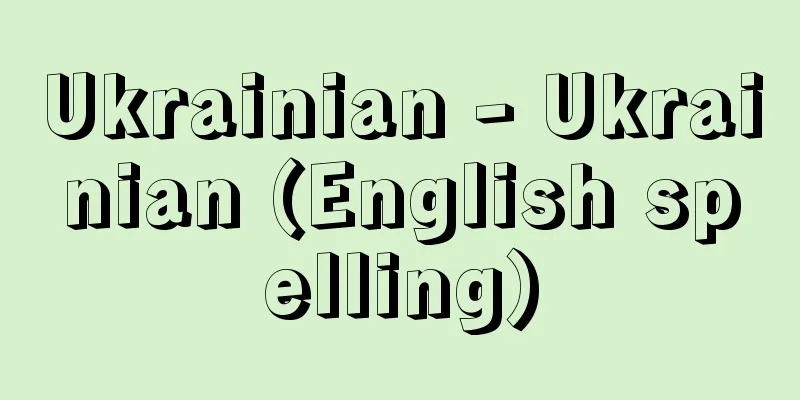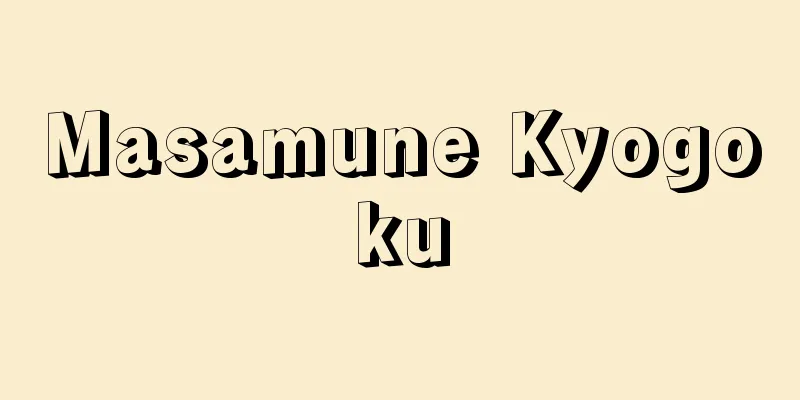Independence - Dokuritsu

|
〘Noun〙 ("Ritsu" is the idiomatic pronunciation of "Ritsu")① To act on one's own initiative without being bound or controlled by others. ※Gakudan Zakkoku (Around 1716) "A scholar is independent and acts with special powers, and does not depend on anything" [I Ching - Da Gua]② When an individual becomes capable of setting up a family, earning a living, and fully exercising personal rights. ※Tokyo Shin Hanjōki (1874-76) [Hattori Seiichi] 2 "A young man becomes a hired hand (〈note〉 yatohimono) for his father's shop, 〈omitted〉 and finally opens his own independent shop"③ When a country or organization becomes capable of fully exercising its authority without being controlled by others. ※Bunmei-ron no Gyakuryō (Outline of a Theory of Civilization) [1875] [Fukuzawa Yukichi] 1 "When the countries of the world are separated and each becomes independent" [Xunzi - Zhongni]④ To stand apart from others. Also, to be clearly separate from others. ※Mold (1911)〈Tokuda Shusei〉23 "There were several independent rooms with a good view on the second floor." [Additional notes] Excluding examples where the reading "dokuryu" can be confirmed, these are summarized here as examples for this section. [Glossary] (1) "Ritsu" is rifu in both Kan-on and Go-on, and the reading of "dokuryu" was dokuryu in ancient times. In the Setsuyoshu (Bunmei, Irin, Shogen) from the late Middle Ages to the early modern period, it is "dokuritsu," but in the kanji dictionary "Rakuyoshu" created by Christians, it is "dokuriu," and the kana of "dokuriu" is also added in early modern works. (2) Looking at the many Chinese dictionaries published during the Meiji period, both "dokuritsu" and "dokuryu" can be seen up until 1887 , but all dictionaries published after 1888 use "dokuritsu." Therefore, it is believed that the reading "dokuritsu" became common after 1887. IndependencePoison Dragon Rif [Independent]IndependenceSource: The Selected Edition of the Japanese Language Dictionary About the Selected Edition of the Japanese Language Dictionary Information |
|
〘名〙 (「りつ」は「立」の慣用音)① 他に束縛されたり、支配を受けたりしないで、自身の力で行動すること。※学談雑録(1716頃)「学者は独立・特行、何をも頼むことはなし」 〔易経‐大過卦〕② 個人が一家をかまえ、生計をたて、完全に私権行使の能力を持つ状態になること。※東京新繁昌記(1874‐76)〈服部誠一〉二「郎が父元某店の傭夫(〈注〉やとひもの)と為り、〈略〉終に独立の肆店を開く」③ 一国または団体が他から支配されることなく完全にその権限を行使しうる状態になること。※文明論之概略(1875)〈福沢諭吉〉一「世界中の国々相分れて各独立の体を成せば」 〔荀子‐仲尼〕④ 他のものから離れて立つこと。また、他のものとはっきり別になっていること。※黴(1911)〈徳田秋声〉二三「二階には見晴の好い独立の部屋が幾個(いくつ)もあったが」[補注]「ドクリュウ」の読みが確認できる例を除き、本項の用例としてここにまとめた。[語誌](1)「立」は漢音、呉音ともにリフで、「独立」の読みは、古くはドクリュウであった。中世後期から近世前期にかけての節用集(文明・易林・書言)には「ドクリツ」とあるが、キリシタンが作成した漢字辞書である「落葉集」には「ドクリウ」とあり、また近世期の作品にも「ドクリウ」のかなが付されている。 (2)明治期に多数刊行された漢語辞典を見渡すと、明治二〇年(一八八七)までは「ドクリツ」「ドクリュウ」がともに見られるが、二一年以降刊行のものはすべて「ドクリツ」である。従ってドクリツの読みが一般化したのは明治二〇年以降と考えられる。 ひとり‐だち【独立】どく‐りゅう ‥リフ【独立】ひとり‐だ・つ【独立】出典 精選版 日本国語大辞典精選版 日本国語大辞典について 情報 |
<<: Independence Association (English: Tokrip hyǒphoe)
Recommend
Anoa - Anoa (English spelling)
It is a member of the order Artiodactyla and fami...
Wada [town] - Wada
A former town in Awa District, southern Chiba Pref...
Kaizuka Shiburoku - Kaizuka Shiburoku
…His pen name was Karekawa. He once used the name...
Christianshavn
…In 1579, the university was founded and the city...
Paez, P. (English spelling) PaezP
…In the Middle Ages, the Nile, Niger, Congo, and ...
Jenny - François Gény
French legal scholar. He taught civil law at the ...
Women's Christian Temperance Union
A Christian women's organization that originat...
Kamaboko shop - Kamaboko shop
…Also, in the fifth volume of Ihara Saikaku's...
white fox
…There are two types of foxes: those whose summer...
International Game Fish Association
…Trolling is not common in Europe, but it is popu...
"Unification of the Catholic Church"
...When the question arose of whether to accept t...
Stopwatch - Stopwatch (English spelling)
A portable timing device for measuring time inter...
Mount Mokoto
A volcano that forms the northern part of the out...
The Chrysanthemum and the Sword: Patterns of Japanese Culture
This is one of the major works by American female...
Pratiloma
…Intermarriage between varnas should be avoided, ...









